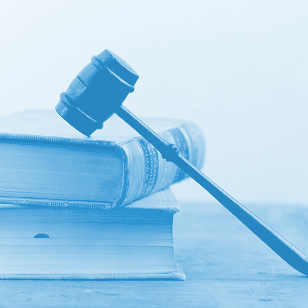Scientific appeal ignored
 The NSW Court of Appeal has dismissed Kathleen Folbigg’s appeal, despite a push by Australia’s leading scientists.
The NSW Court of Appeal has dismissed Kathleen Folbigg’s appeal, despite a push by Australia’s leading scientists.
Kathleen Folbigg was convicted and jailed in 2003 for murdering her children Patrick, Sarah and Laura and for the manslaughter of her son Caleb.
Almost 100 eminent scientists signed a petition arguing that Ms Folbigg should be granted a pardon based on the significant scientific evidence of natural causes of death for her children.
Her appeal case reviewed the legal processes undertaken by the Commissioner of the 2019 inquiry, but did not consider an assessment of the scientific evidence available since the Inquiry.
It did not look at new peer-reviewed genetic findings by an international team of 27 scientists published in a top international cardiology journal last year.
This means that “the incorrect conclusions about the genetics evidence found by the Commissioner of the 2019 inquiry, were adopted by the NSW Court of Appeal in their conclusion today,” according to the Australian Academy of Science.
“There are medical and scientific explanations for the death of each of Kathleen Folbigg’s children.
“The Europace peer reviewed scientific paper , which validates the findings of the mutation in Sarah and Laura Folbigg, displaces the findings and non-scientific reasoning at the Inquiry.”
Australian Academy of Science President, Professor John Shine AC PresAA FAHMS(Hon) FRS was among 22 Fellows of the Academy and 90 scientists to sign the petition.
“It is deeply concerning that there is not a mechanism to appropriately weigh up all medical and scientific evidence in a case of this nature. There is now an alternative explanation for the death of the Folbigg children that does not rely on circumstantial evidence,” Professor Shine said.
“The science in this particular case is compelling and cannot be ignored,” says human geneticist and researcher Professor Jozef Gecz.
“Despite the new knowledge gained from sequencing the human genome almost 20 years ago, we still have some way to go when it comes to both understanding the complexities of genetic disorders and educating the community about these issues.”
Former Chief Scientist Professor Ian Chubb said; “Expert advice should always be heard and listened to. It will always trump presumption”.







 Print
Print